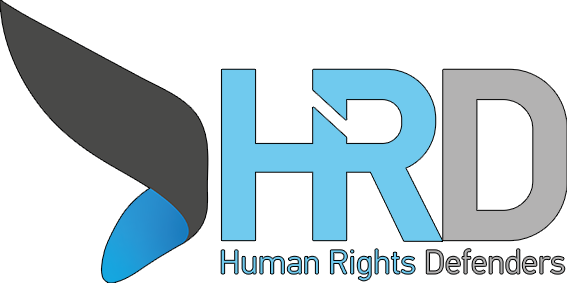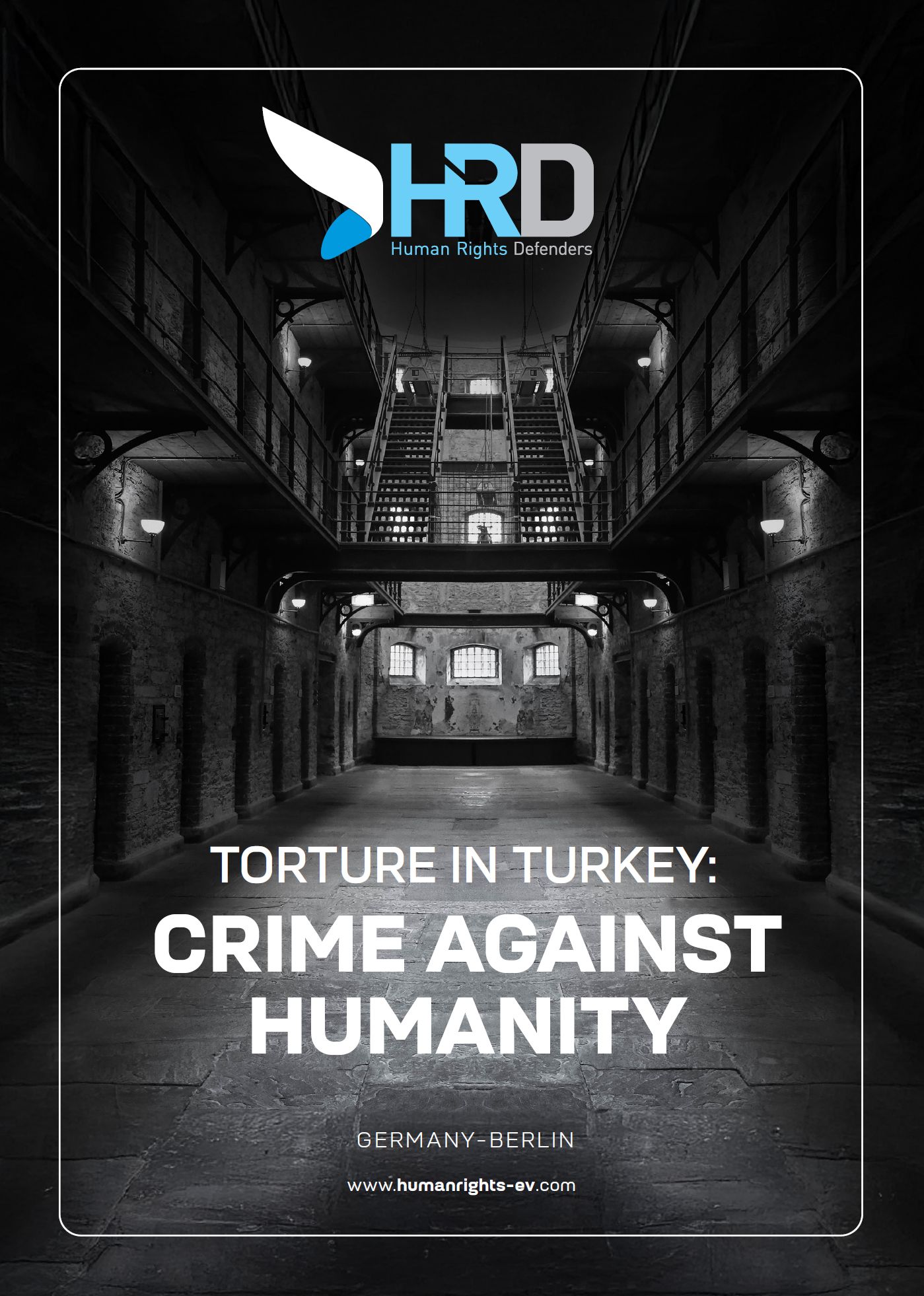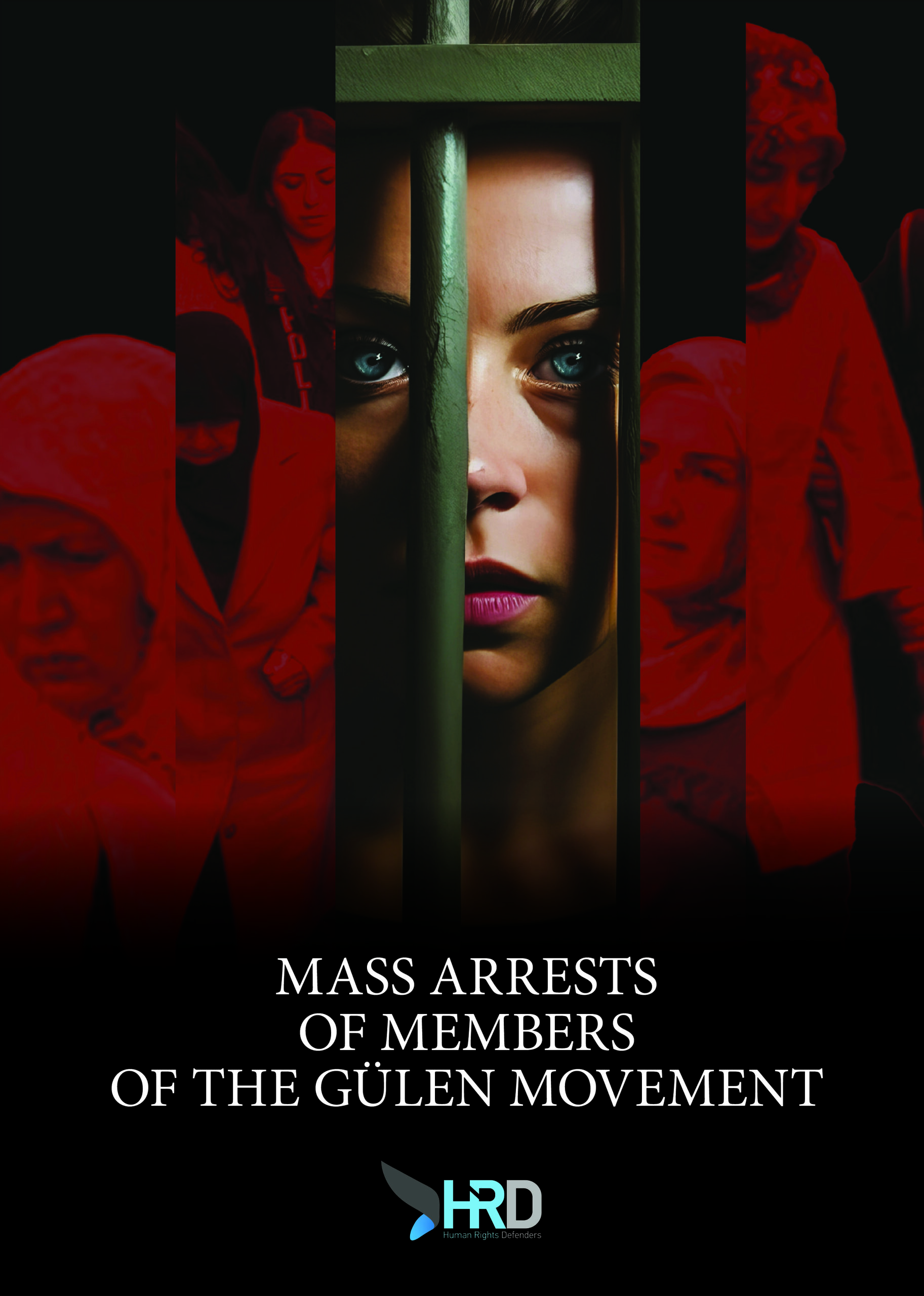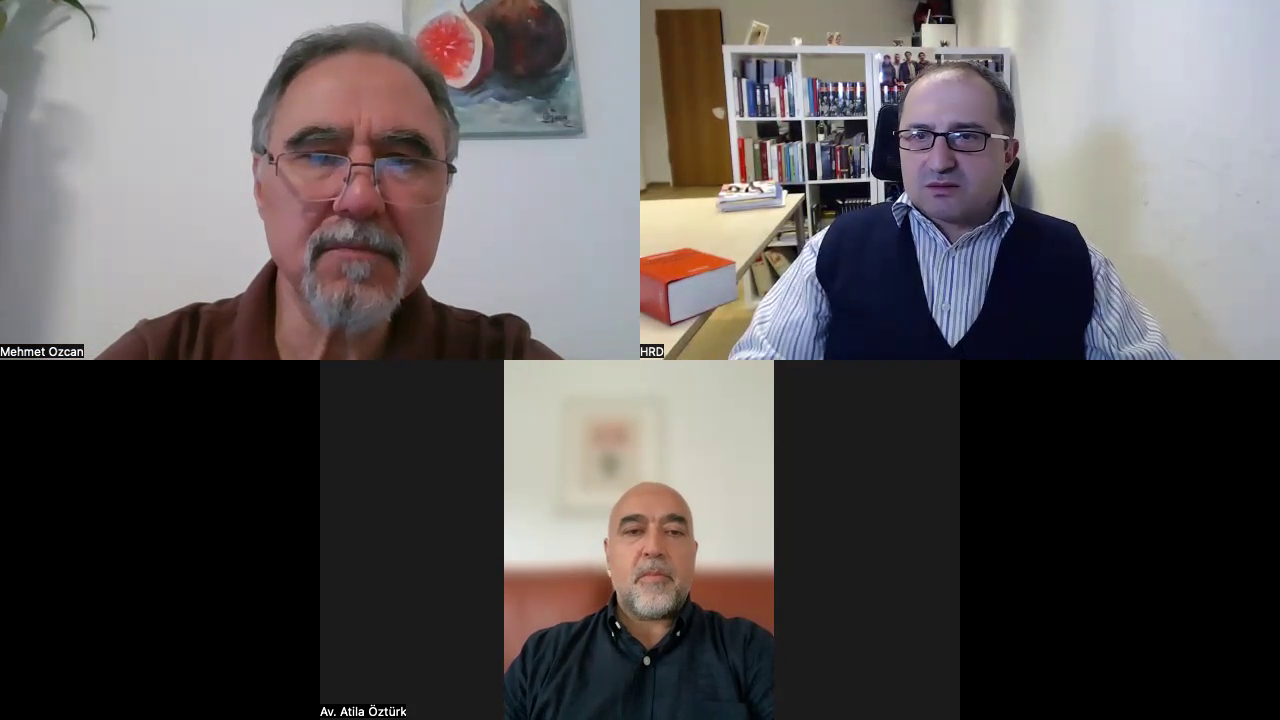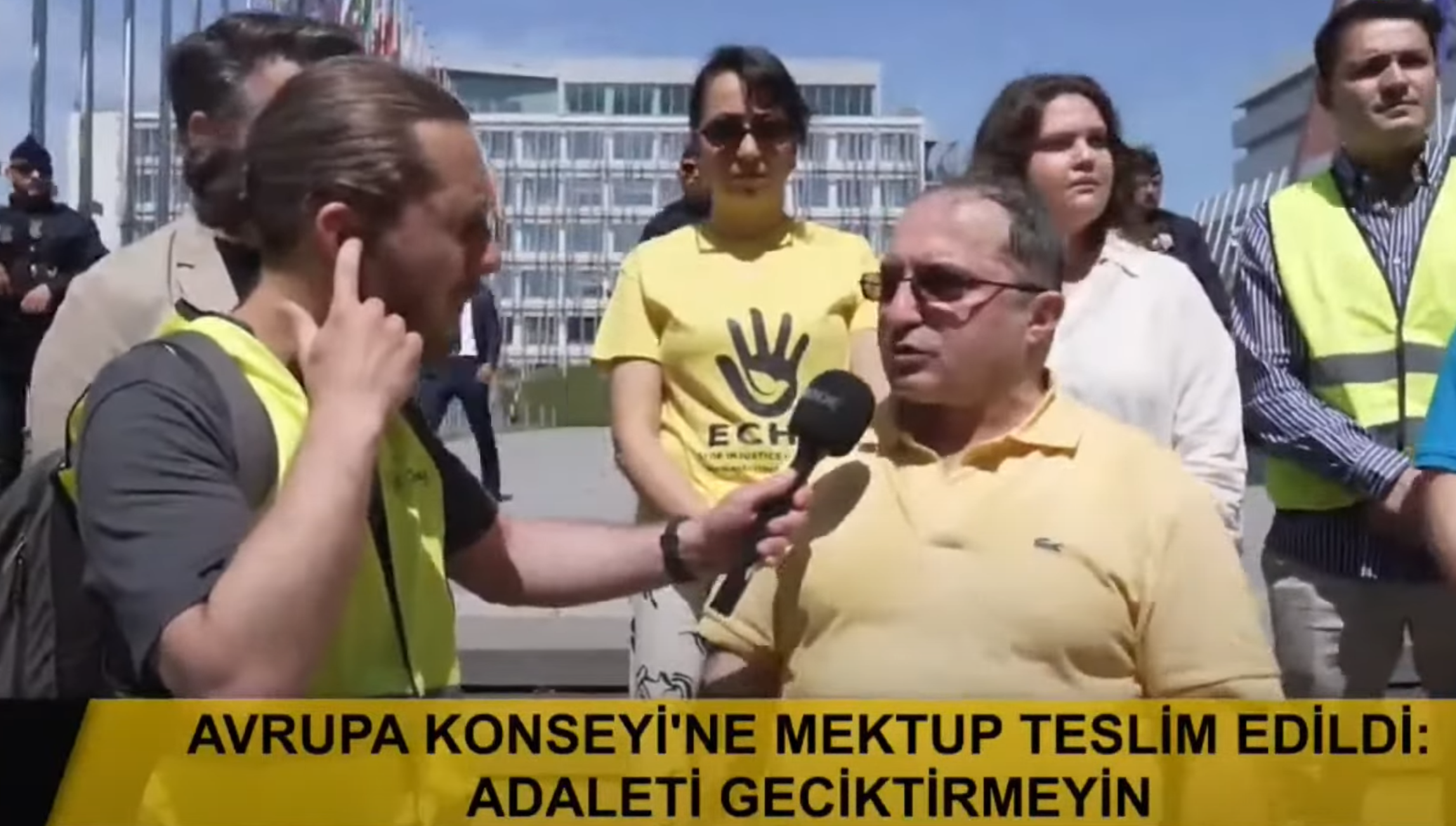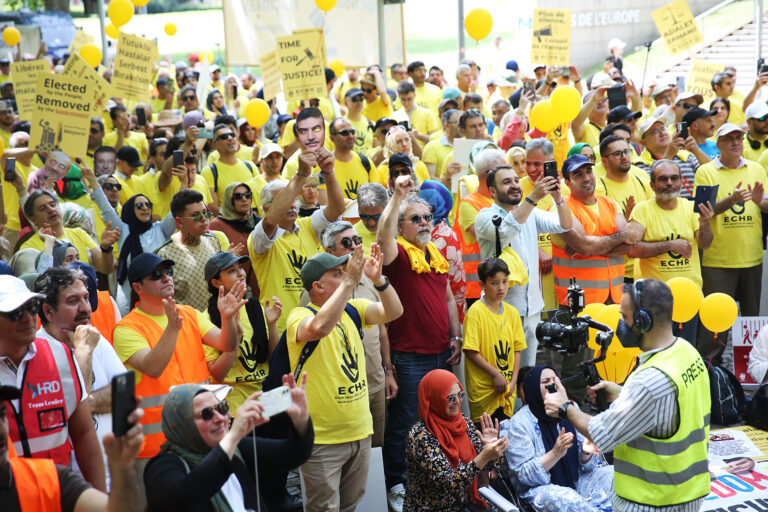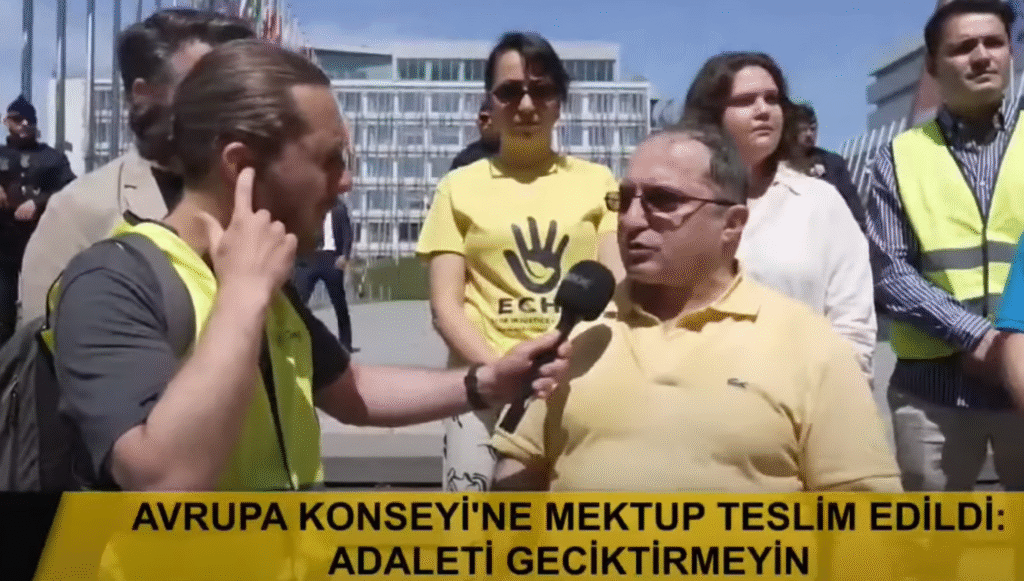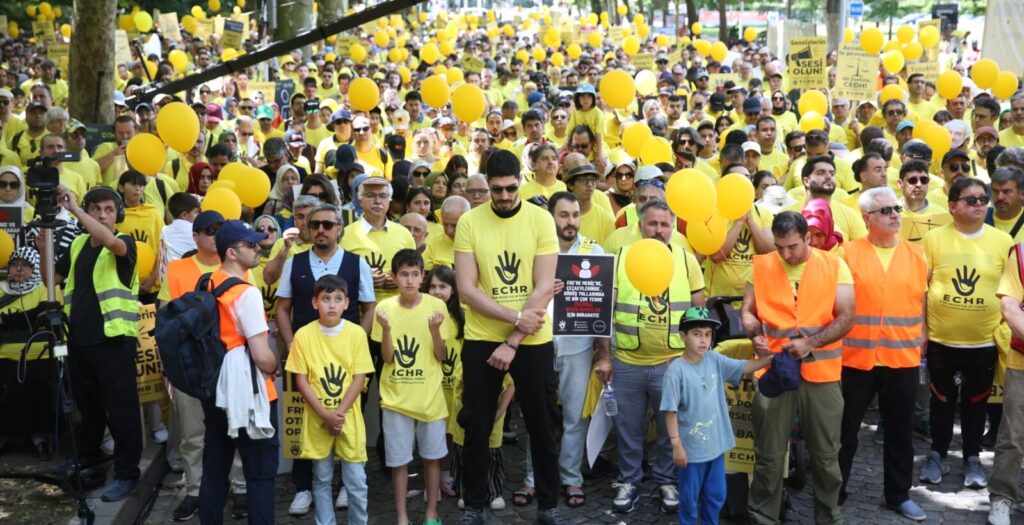This summary is generated based on the report titled “Torture in Turkey: Crime Against Humanity,” compiled by Human Rights Defenders e.V. (HrD) for submission to the United Nations Committee Against Torture (CAT).
Please click here to Download Report
I. Introduction and the Systematic Nature of Torture
This report was meticulously prepared by Human Rights Defenders e.V (HrD), an autonomous, non-profit, non-governmental organization established in Germany in 2018 by Turkish lawyers, former bureaucrats, and entrepreneurs who sought political asylum in Europe. The report aims to provide comprehensive information to the United Nations Committee Against Torture (CAT) concerning the occurrences of torture, cruel, inhuman, or degrading treatment, and enforced disappearances targeting sympathizers of the Hizmet (Gülen) Movement in Türkiye. HrD contends that these incidents constitute crimes against humanity. Various United Nations Commissions have recognized the systematic and organized actions targeting Hizmet Movement members since 2016 as “acts reaching the level of crimes against humanity”. Türkiye is a party to the 1987 Convention against Torture, which explicitly states that no extraordinary circumstances, including a state of war, internal political unrest, or public crisis, can be used to legitimize torture.
II. The Post-July 15 Authoritarian Shift and Purges
The Turkish Government utilized the alleged military coup attempt of July 15, 2016, as justification for the subsequent authoritarianization of political power and the elimination of all social opposition groups. This led to the declaration of a State of Emergency (OHAL), resulting in mass surveillance, detentions, and the systematic persecution of dissenting citizens charged as “terrorist organisation member/traitor/collaborator/foreign agent”.
Despite pre-emptive accusations, the Gülen Movement was singled out as the scapegoat for the coup. The obstruction of a thorough parliamentary investigation, including the blocking of testimonies from key figures, undermined the possibility of a fair inquiry. Furthermore, military personnel later testified in court that their initial confessions were extracted through extreme torture. Many asserted they were manipulated as pawns in a “government-engineered scheme”. Accounts from officers implicated in the coup suggest they were convinced by Hulusi Akar (then Chief of General Staff) to confront corrupt political leadership, only to be abandoned and accused of orchestrating the coup.
The State of Emergency ushered in widespread purges. By 2017, 130,000 public officials were dismissed, including over 33,500 from educational institutions and more than 31,500 police personnel. It is crucial to note that none of these individuals had substantiated links to the events of July 15, 2016.
III. Mass Detention and Incarceration Crisis
Türkiye exhibits one of the highest incarceration rates globally. As of May 2024, there were 329,151 individuals detained or serving sentences in 396 correctional facilities, resulting in an overall prison occupancy rate of 117.8%. The country’s incarceration rate stands at 267 per 100,000 individuals, drastically higher than the Western European average of 73 per 100,000.
Between 2016 and 2021, a cumulative count of 1,768,530 investigations related to terrorist organization membership were initiated. In coup-related trials, 1,634 individuals received aggravated life sentences, a penalty the UN considers to contravene anti-torture and humane treatment principles.
IV. The Culture of Impunity and Subversion of Legal Process
The persistence of torture as an unpunished state tradition is significantly attributed to the absence of a precise and definitive definition of torture in Article 94 of the Turkish Criminal Code. This ambiguity allows Turkish law enforcement, intelligence agencies, and prison authorities to refuse to acknowledge their actions as torture, ensuring routine acts remain unprosecuted.
The complexity of substantiating torture claims stems from an intricate framework established by law enforcement to conceal and obliterate these acts. Victims are often taken to health centers long after the incidents, where torture practices are covered up with ready-made and printed medical reports without allowing the doctor and patient to be alone. The case of Ahmet Asik, where initial medical assessments missed severe torture (including rape and fractures), demonstrated this institutional failure; yet, no inquiries were initiated against the officials or medical professionals who failed to document the abuse.
V. Documented Torture Practices
Evidence of widespread, systematic torture comes from official figures and legal bodies:
- Mustafa Yeneroğlu, former head of the Parliamentary Human Rights Commission, resigned over the severe violations he witnessed and reported that 60 torture cases he submitted to prosecutors received no action. He described the current era as a “dark period in which fundamental rights are ignored… and torture and ill-treatment have become widespread”.
- The Social Cost Report by MP Ömer Faruk Gergerlioğlu documented severe abuse, including being searched completely naked, threats of family rape, being beaten for days, and being subjected to rape with a baton. Victims were coerced into signing fabricated statements during “pre-interviews” conducted without lawyers in rooms without cameras.
- Ankara Bar Association reports (2022) detailed abuse against Gülen Movement members, including being stripped naked for prolonged periods, doused with cold water, and threatened with sexual assault. Victims reported being subjected to invasive acts involving a broom handle and threats involving the insertion of an olive oil bottle.
VI. Enforced Disappearances and International Abductions
The Turkish State continues to employ “mafia methods” to abduct political dissidents from abroad, subjecting them to intense torture during these operations. Orhan İnandı, abducted from Kyrgyzstan in May 2021, was forcibly disappeared for 37 days. Upon his reappearance in Türkiye, he was found to have fractures in three places on his arm.
In his chilling courtroom testimony, İnandı described being held in a small, coffin-like room for 37 days. He endured constant insults, loud, scratchy music, and was strictly forbidden from praying or crying. He was threatened with various forms of sexual torture, including electrocution, castration, and insertion of a soaped baton. Intelligence officials pressured him to publicly state he came voluntarily, threatening to tell the public he killed Eşref Bitlis or warning that his children would “end up on the streets” or “become prostitutes”.
VII. Legal Shield for Perpetrators and HRFT Findings
A significant factor promoting torture is the legal immunity afforded to public officials. Decree-Laws (KHKs No. 667, 668, 690, 696) enacted during the State of Emergency stipulated that individuals involved in counter-coup and anti-terror activities are exempt from legal, administrative, financial, and criminal responsibility. This legal framework has effectively sanctioned murder, torture, and lynching, providing a shield for “crimes against humanity”.
Data from the Human Rights Foundation of Türkiye (HRFT) 2022 report revealed that 1,201 individuals sought assistance for torture. Common physical and non-physical torture methods documented were: Insult/Assault (835 affected), Rough Beatings (692), Reverse Clamp (397), Verbal Sexual Harassment (312), Asphyxiation (112), and Electrification (45).
When victims lodge complaints against law enforcement for torture, counterclaims are promptly filed against the victims, citing offenses like “insulting the officer,” or “resisting arrest,” to hinder torture investigations and intimidate survivors. This systematic disparity is stark: in 2020, 34,972 investigations were opened for ‘resisting a public officer,’ compared to only 887 investigations for torture (TCK 94). This wide difference demonstrates the prevailing culture of impunity.
The treatment of ailing inmates, exacerbated by COVID-19 protocols and the lack of autonomy of the Forensic Medicine Institution (which is politically influenced), also transforms incarceration into a harrowing ordeal and a form of torment for sick political prisoners.
The reports conclude that the prevalence of torture and inhumane treatment in Türkiye’s state security institutions is evident, and the state system shields those responsible, emboldening offenders rather than deterring them.
